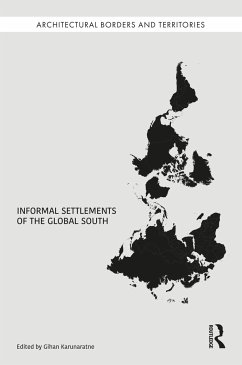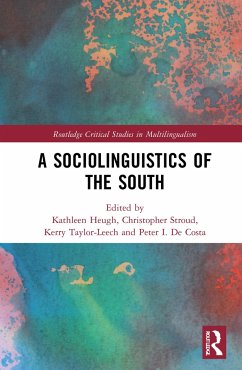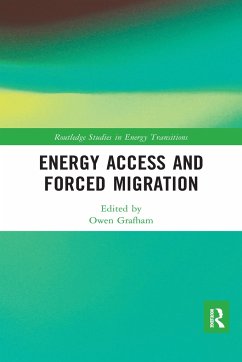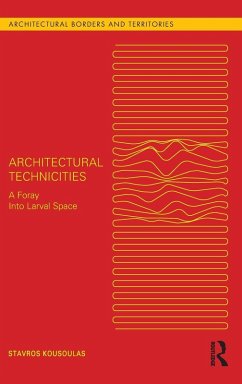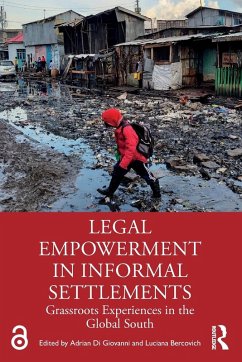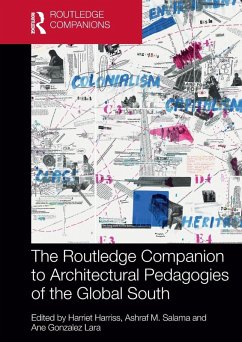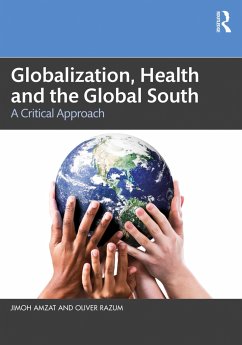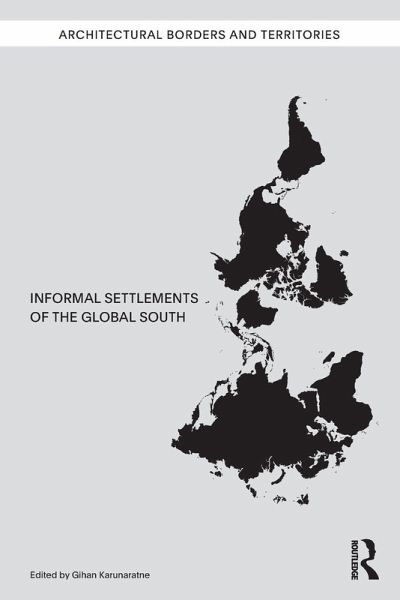
Informal Settlements of the Global South
Versandkostenfrei!
Versandfertig in 1-2 Wochen
56,99 €
inkl. MwSt.

PAYBACK Punkte
28 °P sammeln!
Bringing together case studies, including the US-Mexico borderlands, the Calais encampment in France, refugee camps in Kenya, Uganda and Bangladesh and â informalâ enclaves in India, China, Brazil, Nigeria and South Africa, this book challenges the thinking about the governance of human settling, mobility, and placemaking.





